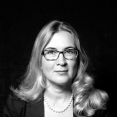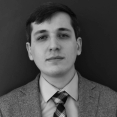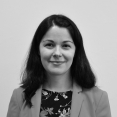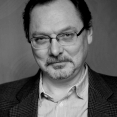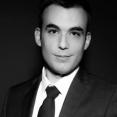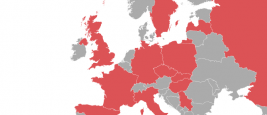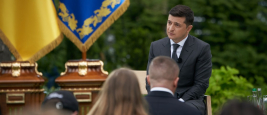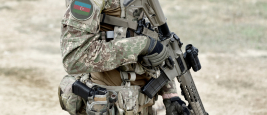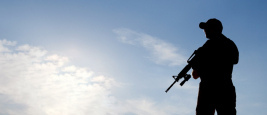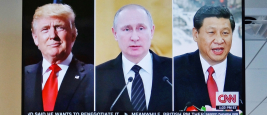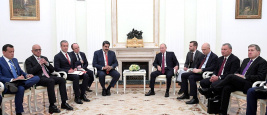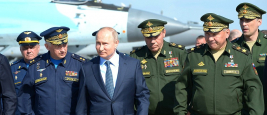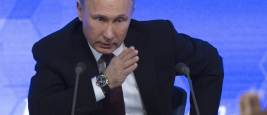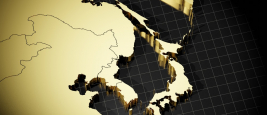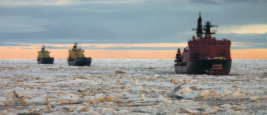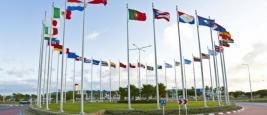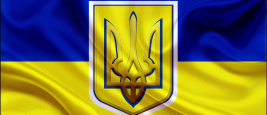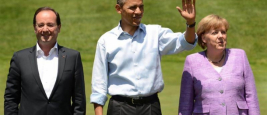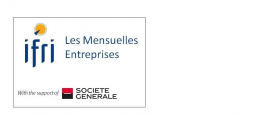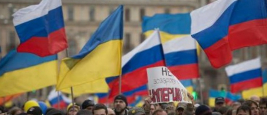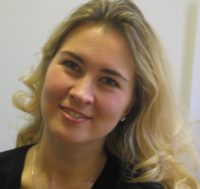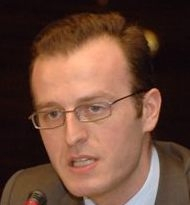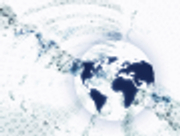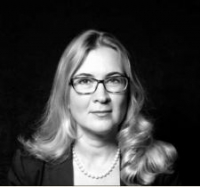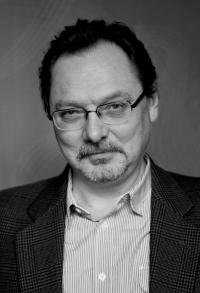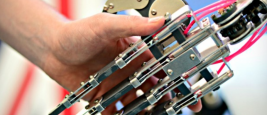In September and October 2020, the Sinophone Borderlands project at Palacký University Olomouc conducted a wide-scale survey of public opinion on China in 13 European countries. The polled countries include: Czechia, France, Germany, Hungary, Italy, Latvia, Poland, Russia, Serbia, Slovakia,...

Russia / Eurasia

Post-Soviet Russia has gradually asserted itself as an imperial and anti-Western power, representing a threat to the independence of its Eurasian neighbors, as well as to the post-Cold War international order. The Kremlin’s invasion of Ukraine on February 24, 2022 is the culmination of this behavior, with both regional and global consequences. Now cut off and isolated from the Euro-Atlantic space, Russia is seeking to deepen its partnership with China and to turn towards non-Western worlds, especially in Asia and Africa. In the Eurasian space, historically dominated by Russia, the war amplifies centrifugal tendencies. The speed and depth of the transformations underway require constant and precise monitoring of the internal and external policies of the countries in the area.
Founded in 2005 at Ifri, the Russia/Eurasia Center produces research and organizes debates on Russia, Eastern Europe, Central Asia and the South Caucasus. Its objective is to understand and anticipate the evolution of this complex and rapidly changing region in order to enrich the public debate in France and Europe, and to assist in strategic, political and economic decision-making. Over time, the Russia/Eurasia Center has developed a network of contacts from institutions and civil society in the countries of the Eurasian space, and has established multiple partnerships with research institutes in Europe and around the world.
The digital collection Russia.Eurasia.Visions (formerly Russia.Nei.Visions), published by the Center, has become a reference point, with articles published in three languages (French, English and Russian). Relying on a network of leading experts and promising young researchers, it offers original analyses intended for public and private decision-makers, researchers, as well as for a wider public interested in the area.
Director of Ifri's Russia / Eurasia Center
...Research Fellow, Russia / Eurasia Center
...Project Officer, Russia / Eurasia Center
Associate Research Fellow, Russia / Eurasia Center
...Associate Research Fellow, Russia / Eurasia Center
...Associate Fellow, Russia / Eurasia and Geopolitics of Technologies Centers
...Associate Fellow, Russia / Eurasia Center
...The election of Volodymyr Zelensky as president of Ukraine created very high expectations in the society.
A full-blown war erupted in the South Caucasus last Sunday, September 27, and as the two belligerents — Armenia and Azerbaijan — mobilize their forces under martial law, no international authority is trying in earnest to stop the hostilities. The conflict over the disputed Nagorno-Karabakh...
Since 2014, Russia has notably intensified its policies in Africa, joining the race for local markets and opportunities presented by the rapidly growing and transforming continent.
The coronavirus pandemic has thrown a harsh spotlight on the state of global governance. Faced with the greatest emergency since the Second World War, nations have regressed into narrow self-interest. The concept of a rules-based international order has been stripped of meaning, while...
This article analyses Russia’s relations with Latin America in the first two decades of the 21st century in the light of global political and economic processes.
Russian strategic culture is evolving fast, despite the consolidation of the ruling regime, which is maturing into a more rigid autocracy, whereby its ideological outlook becomes increasingly conservative.
In global affairs, the Covid-19 virus makes all countries, powers and individuals equal in one dimension: none is immune to or spared from contamination. In an open and interdependent world, we are all exposed to global sanitary and environmental degradations. Russia is no exception: it has...
Northeast Asia has emerged as a critical theater of Russian foreign policy in recent years.
...Despite the deterioration of its relations with the West and economic stagnation limiting its room for maneuver, Russia continues to have an ambitious policy for the Arctic region.
Russia : towards a new cold war ? The fifth conference Parliament - Ifri at the Assemblée nationale
7 april 2015 from 18:30 at 20:30
...
The Table of Ambassadors: lunch-debate with Oleg Shamshur, Ambassador of Ukraine to France
Debate chaired by Thierry de Montbrial, President, Ifri.
Germany, France and the United States: Towards a Renewed Transatlantic Dialog in partnership with Russia Center/NEI, Center for Security Studies, United States Program, Energy Center
Which international positioning for Russia after Crimea? Les Mensuelles Ifri/Entreprises
A luncheon debate with Thomas GOMART, Vice President for Strategic Development, Ifri.
...
German, French, Polish and Russian Views on Russia’s Foreign Policy
Seminar organized by the Study Committee for Franco-German Relations (Cerfa) and the Russia/NIS Center
The Consequences of the Crisis in Russia Les Mensuelles Ifri/Entreprises
A luncheon debate with Thomas GOMART, Vice President for Strategic Development, Ifri
...
The future of the Russian university system: which strategies for which goals? Les Mensuelles Ifri/Entreprises
A luncheon debate with Tatiana KASTOUÉVA-JEAN, Researcher, Russia/NIS Center, Ifri
...
Putin III: Still in the Prime of Life?
Déjeuner débat réservé aux entreprises membres de l'Ifri, sur invitation personnelle.
Avec Thomas Gomart, directeur du Centre Russie/NEI eet du Développement stratégique, Ifri
Réélu avec 63 % des suffrages au premier tour, Vladimir Poutine commence un troisième mandat...
The Internet in Russia and China
co-organized by the Russia/NIS Center and the Center for Asian Studies,
...French President Emmanuel Macron’s trip to Russia this week once threatened to split France from its European allies. Now it’s part of a wider European effort to tie President Vladimir Putin to the Iran nuclear accord.
Nearly two and a half years after the Russian military began an intensive bombing campaign in Syria in support of Syrian President Bashar al-Assad, Russia is struggling to engineer a political solution in the war-ravaged country, analysts say.
President Vladimir Putin’s extra-heavy emphasis on new strategic missile systems in his March 1 address to parliament was quite unexpected and rather out of character.
The past several weeks revealed new details about the inner workings of the shadowy side of Russian foreign and defense policymaking. The revelations—focusing mainly on the ongoing investigation into Russian interference in the United States’ 2016 presidential election and the exposure of the...
RT, dubbed as an "organ of influence and deceitful propaganda" by President Emmanuel Macron in May during a joint news conference with Vladimir Putin, has now launched RT France. Has France become the latest front in Russia's information war?
PARIS — Minutes after it began broadcasting on Monday night, the new television channel RT France took aim at the country and its president, Emmanuel Macron. “President Assad accuses France of supporting terrorism,” the scroll at the bottom of the screen stated. France and the United States...
China, Russia and the U.S. see potential and risks. And for now, there's still no form of governance to oversee AI development — technology moves faster than diplomacy.
King Salman received at the Kremlin with his 1,000-strong delegation, including 100 businessmen. King Salman bin Abdulaziz Al Saud's official visit to Moscow is the first visit to Russia for a Saudi head of state. Can this visit be seen as the signal of a shift in the region or is it just...
Russia is trying to “sow chaos” in Europe by betting big on Marine Le Pen and France's far right.
With just a few weeks left until French voters head to the polls, far-right presidential candidate Marine Le Pen made her way to Moscow for a surprise meeting with Russian President Vladimir Putin.



